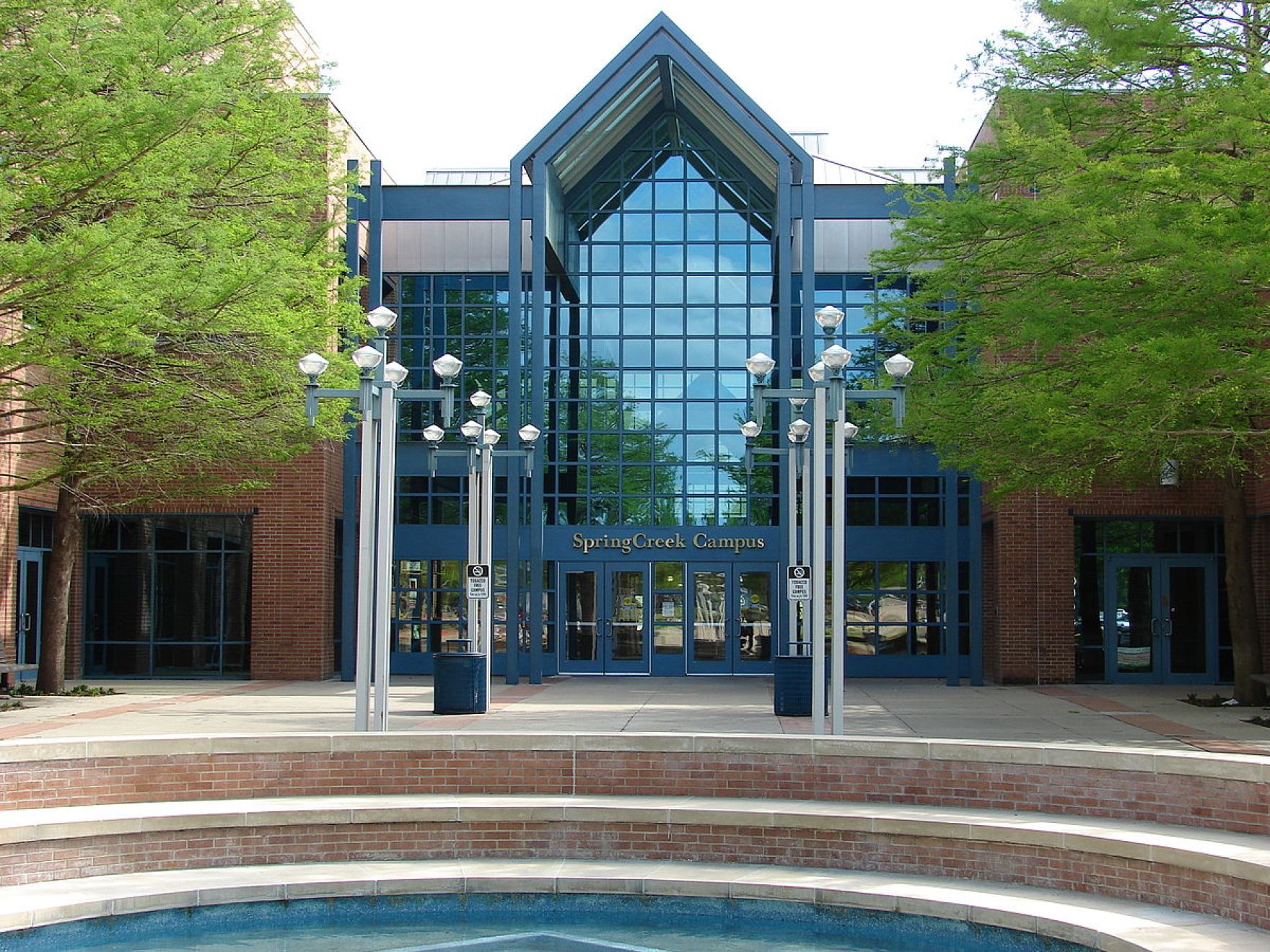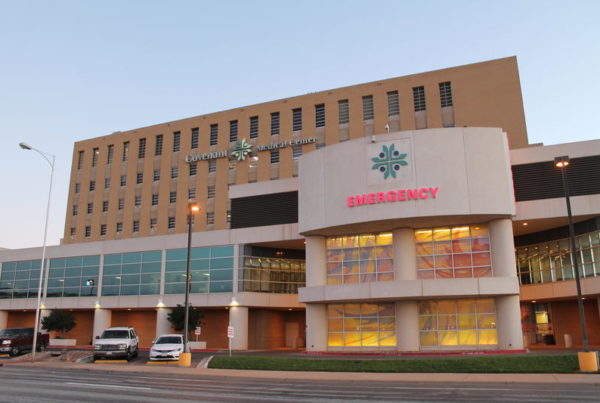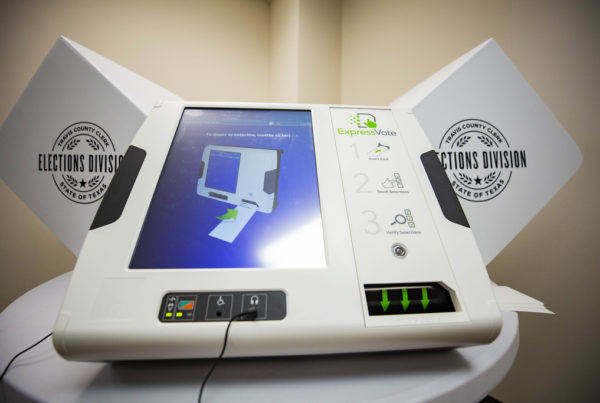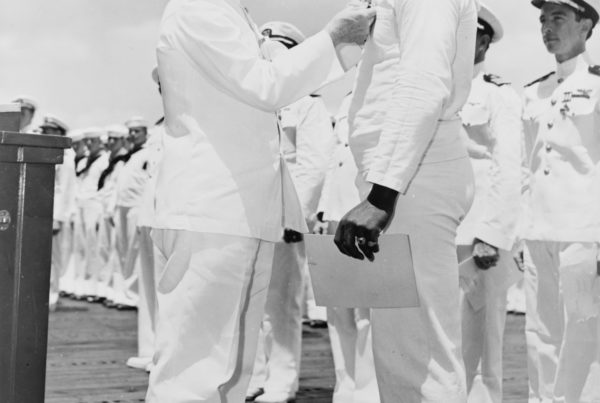From KERA:
Updated: November 11, 2020 at 8:27 p.m. CST:
Collin College released some COVID-19 data Wednesday afternoon in response to a public records request submitted by a Collin County resident. The data, based on self-reports from faculty, staff and students, show 179 students and 15 employees have tested positive for COVID-19 from August to October:
August: 19 students, 3 employees.
September: 88 students, 0 employees.
October: 72 students, 12 employees.
Ever since university and college classrooms reopened to students and faculty in the fall, administrators at many schools across Texas have set up online dashboards for reporting COVID-19 cases.
While the caliber of information varies, Collin College is noteworthy because it refuses to publicly divulge anything.
COVID-19 dashboards are common among Texas colleges. They usually show the total number of active cases among students, staff and faculty with updates listed weekly, some even daily. A few also include recoveries.
These dashboards exist across Texas school systems, from independent school districts like Dallas, where they’re required by the state, to universities. But not for Collin College.
“There’s no central place for those numbers and those numbers are not being shared with the faculty, the staff, any employees or the public,” Audra Heaslip said.
She’s been a faculty member at Collin College for eight years.
“I asked could the college please make the numbers available at the very least to the employees, because the majority of employees, faculty and staff, are required to go to campus. And no one has any idea if the college is a hot spot,” Heaslip said. “Nobody has any idea if maybe there’s one case or maybe there’s 20 or 200.”
Heaslip and her colleagues, like adjunct faculty member Benjamin Miro, fear the worst.
“I feel like if the numbers were super low that would be something to tout,” Miro said. “So it makes me think it’s bad.”
Collin College history professor Lora Burnett concurred.
“It’s not a good idea to hide these numbers because I think that just makes it more likely people will speculate rather than be comforted by some facts,” she said.
KERA reached out to Collin College administrators for answers, but no one has responded.
Some faculty members wonder how seriously college leaders have taken the virus.
In an August letter sent to trustees, and forwarded to staff members, Collin College District President Neil Matkin downplayed the impact of the coronavirus. In the letter, obtained by KERA, Matkin wrote that the number of people who have died from the coronavirus “is clearly inflated.”
He wrote that the chance of dying in a motor vehicle accident in Texas was greater than dying from the coronavirus.
“The effects of this pandemic have been blown utterly out of proportion across our nation and reported with unfortunate sensationalism and few facts regardless of which news outlet one tunes into,” Matkin wrote. “It has become political in a pivotal election year and frankly, it has made our jobs all the more difficult.”
In one instance where Heaslip and dozens of colleagues requested a COVID dashboard, she said Collin College’s Senior Vice President of Campus Operations Toni Jenkins questioned their motives.
“It was an exact quotation from this administrator,” Heaslip said. “One of the times when we asked for the numbers she said ‘What’s in it for us?’ It seemed like the wrong priority.”
Compared to campuses in the University of North Texas system or Southern Methodist University, which publish online COVID-19 dashboards, Collin College looks like the outlier. But that may not be the case, according to Sarah Van Orman, past president of the American College Health Association who helped write COVID-19 guidelines for colleges and universities.
“We know that most larger universities who have an on-campus health service are maintaining a dashboard,” Van Orman said. “We know that many institutions that don’t necessarily have a health service, they may not have a dashboard.”
Collin College does not have student health services.
Van Orman said two-year schools where students don’t live on campus are also less likely to have COVID dashboards. When the student population commutes every day, it makes tracking students difficult. Collin College, however, does have dorms and the school has encouraged in-person learning.
What’s more, there are some community college systems with robust COVID dashboards, like those in Denton and Houston. Community colleges in Tarrant and Dallas remain largely online-only, but have been posting information.
While Collin College is not disclosing or releasing the number of positive cases or patterns that pose a risk, it’s reporting that information to the Department of State Health Services. However, the state health department is not obligated to inform the college community.
When a colleague of Benjamin Miro tested positive for COVID-19, the adjunct professor wasn’t told about it by the school or the state.
“None of us were officially informed. She informed us,” he said. “I do not believe they closed the library, which is where her office space was. The two employees she worked with quarantined for two weeks and got tested on their own.”
Miro said they did not contract COVID-19 and his sick colleague has recovered.
Collin College student Rogelio Martinez did get COVID-19. His widow informed the school that he died in early October. It’s unclear if his classmates were informed or were at risk.
Matkin shared the news during a board meeting in late October. That’s when faculty and students found out.
In another instance, a Plano campus food worker reportedly developed COVID-19, so the school closed the cafeteria. Only a select group of people were told, Collin College history professor Michael Phillips said.
“Only the students with the meal cards got that information, because that was a financial transaction,” he said. “Staff didn’t get an email. Faculty didn’t get the email. All we got was a notice that the café had reopened.”
Phillips hopes the school reconsiders its approach and openly shares information about COVID-19 cases with those on campus. Meanwhile, concerned faculty members and students are taking extra care these days to gather as much information as possible, from wherever they can find it, to avoid infections.
This story has been updated.
Got a tip? Email Reporter Bill Zeeble at bzeeble@kera.org. You can follow him on Twitter @bzeeble.













